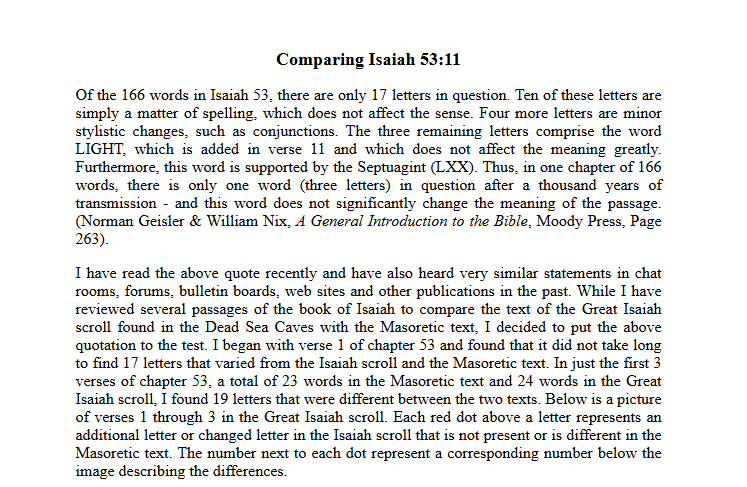I Welcome This New Brand of Apologetics
- Aaron Propp

- Jan 22, 2025
- 3 min read
Updated: Feb 26, 2025

Wes Huff is the kind of opponent I could have only dreamed about 10 years ago in the counter-missionary community, which is when I disengaged from internet counter-missionary debates.
I can admit that I reacted to a few of his beginner answers to put him into a category that he doesn’t belong, and I can see that I was unfairly judging him for the pedestal certain Christians have put him on.
Christians should resist the urge to make Wes Huff their Goliath to do their battles for them, however, because is a toxic and inexcusable tendency to count on someone else to do the fighting on their behalf. Instead, they should focus on learning from him on how to know and understand their own religion better.
My initial response was based on like feeling some of the information wasn't presented accurately, however, I cannot understand the response of atheist, agnostic, and skeptic influencers, who almost seem threatened by him.

The scholars, who I follow, have critiqued Wes Huff in a fair manner from one scholar to another, and they tend to emphasize that he just needs to let go of this "word-for-word " comment, there's no winning. However, I have not appreciated the tone of channels that I followed in 2023 while I wrote "The Mission".
There are those who use science as their new religion with scientists as their new priesthood — all without seeing the irony — and these types put of a sense of their own feelings of being threatened that there's someone who presents himself as knowing more than the average apologist.
They almost seem to be acting like bullies, like scholarly literacy is their purview, like someone isn’t allowed to delve into their purview and not reach their same conclusions about religion. Most of them aren’t even scholars, they’re just influencers.
I do not count Alex O’Conner or Paulogia among these insecure "skeptics". Alex is a scholar of philosophy in his own right, and Paulogia can stay on topic as an amateur scholar in his own right.
I don't really see why there's any need to act insecure about Wes Huff or his growing reputation, and I regret being as harsh as I was about his misspeak. Although, come on, Wes, you just have to let it go.

Wes Huff really needs to get over this "word-for-word" comment, and admit it was a misspeak and not true about Isaiah. I can do that with the more aggressive and dismissive tone I had about him, but he just needs to take to the "L" to go on for another "Win".
But from an apologetical level, we know what this "word-for-word" comment about the Isaiah Scroll is really about, don't we? It isn't about "Immanuel", and it isn't about Isaiah 11.1 with the future Messiah being "the notzri" from the root of David (or whatever) the verse that Canonical Matthew was likely referring to.
This is about Isaiah 53.

But is this not about the historical Jesus nor anything he is alleged to have taught.
This about preserving this ability to understand who or what Jesus was by interpreting him into passages from the Hebrew Bible like Isaiah 53, which is technically not off base as this is how Paul formed his unique "announcement" or "Gospel" by doing this kind of reinterpreted exegesis on Habakkuk and Genesis in really bizarre ways of thinking to lead him to conclusions divorced from the original meaning of the text.
Wes Huff has the possibility of elevating Christians in their own understanding of their religion and therefore improving the dialogue about these topics themselves, and if you actually loved or cared about or were interested in these topics, then why wouldn't you welcome this change for the better?
Perhaps, the ones who deserve the ridicule are those who “know” that they’re right about religion and the Bible but can’t muster the competence to assert their self-assured state of correctness so that they rely on “experts” to do all their critical thinking for them and do their debating on their behalf — ironically all about something so allegedly “personal” to them.
Wes Huff has the potential to help elevate Christians, but only if they resist the urge to make him their Goliath who will “win” their fights for them or on their behalf.
That kind of “faith” of emphasizing what is done your behalf is not only weak, toxic, codependent, darkness, absent of light, the house built on sand, but it’s the kind of “faith” that’s being put in human beings and not in the God that Christians would claim.
Wes Huff can’t be strong for you when you are weak. No one can. ONLY YOU can.








Comments